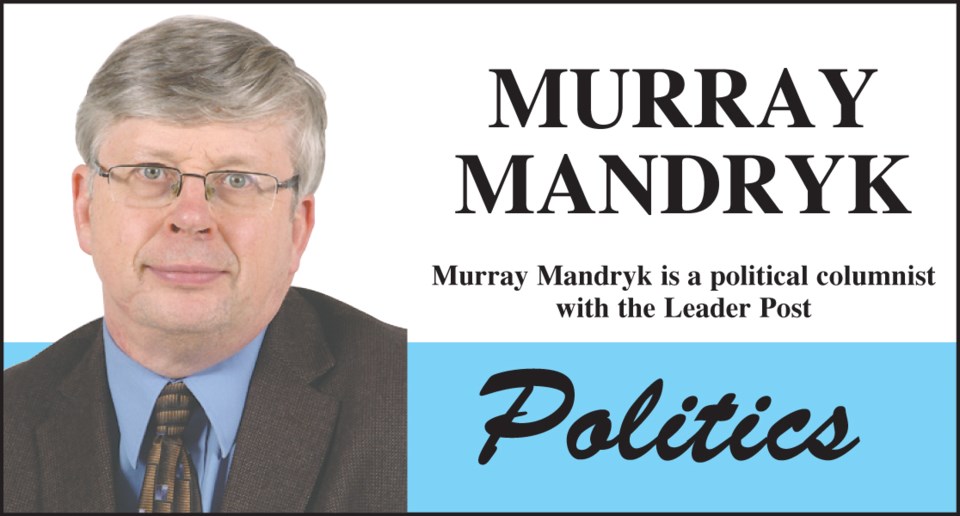We recently received some great trade news on the steel trading front.
Now, if only the news could be as good on the canola and oil trading front. Unfortunately, solutions to these issues may take considerably tougher to fix.
The good news is that U.S.’s 25-per-cent duty on Canadian steel and 10-per-cent duty on Canadian that was imposed by President Donald Trump nearly a year ago have now been lifted came as welcomed relief.
This is very good news right here in Saskatchewan.
While aluminum is more of an issue in Quebec where low hydro electric rates make its production more feasible, steel is an issue that goes well beyond the Hamilton area.
Regina’s Evraz Steel — the old Ipsco that that started out as Tommy Douglas Crown corporation and later became a successful privatized enterprise — has long been a major contributor to Regina’s economy and the Saskatchewan economy as whole.
“It’s a weight lifted off their shoulders,” said Mike Day, president of USW 5890 after hearing of the news of Trump’s lifting of sanctions. “It’s less stress. Everybody’s smiling.”
This was a hard-fought win that required the federal government to apply retaliatory measures on U.S. steel and aluminum and other key U.S. exports from states that happened to have Republican Senators supportive of Trump.
All in all, it was $16.6-billion in Canadian countermeasures against the Americans.
But perhaps the biggest factor was the need for Trump to secure his much-vaunted United States-Mexico-Canada Agreement (USMCA). While the agreement was signed, it was not ratified — largely because of the Canada’s legitimate frustrations over these steel tariffs that were applied over the paper-thin notion of American national security.
It has been a year-long and often bitter fight with what’s become a very difficult Trump administration.
Truly, dealing with the Americans has not been easy for Canada or any nation.
But as tough to get these steel tariffs removed, other problems may be even tougher.
We likely have a bigger problem with China over canola and now other products. And then there are the problems of our own making.
As bad as Trump and the protectionist Republicans have been, we are still dealing with a democracy that applies democratic principles to things like trade agreements.
Moreover, with the Canada-U.S. economy as integrated as it is, it was always exceedingly difficult for Americans to separate interests. Evraz, for example, has steel plants on both sides of the border. Steel for vehicles crosses the 49th parallel multiple times before becoming a car is finished.
Dealing with China is far more difficult and complex.
As was addressed in this space earlier this month, of the 20.3 million tonnes of canola that Canada grew in 2018, 10.9 million tonnes came from Saskatchewan.
And about 40 per cent of that canola was exported to China that purchases about 60 per cent of all canola imports throughout the world.
And while Premier Scott Moe has called for reciprocal trade action that proved successful in the U.S. steel dispute, there is not really the same opportunity with the Chinese.
We have a massive trade deficit with China in the neighbourhood of $49 billion a year.
Let’s give credit where credit is due and respect that the federal Liberal government did a good job of limiting the steel trade war. Notwithstanding Conservative Opposition leader Andrew Scheer’s criticism, it’s hard to imagine how we could have fared much better.
But let us also accept the federal government must do more to firm up trade relationships. We must focus on getting all products — including oil and gas — to market.
We need to win these battles wherever and whenever we can. And smart governments try to win these wars before they start.
Murray Mandryk has been covering provincial politics for over 22 years.



